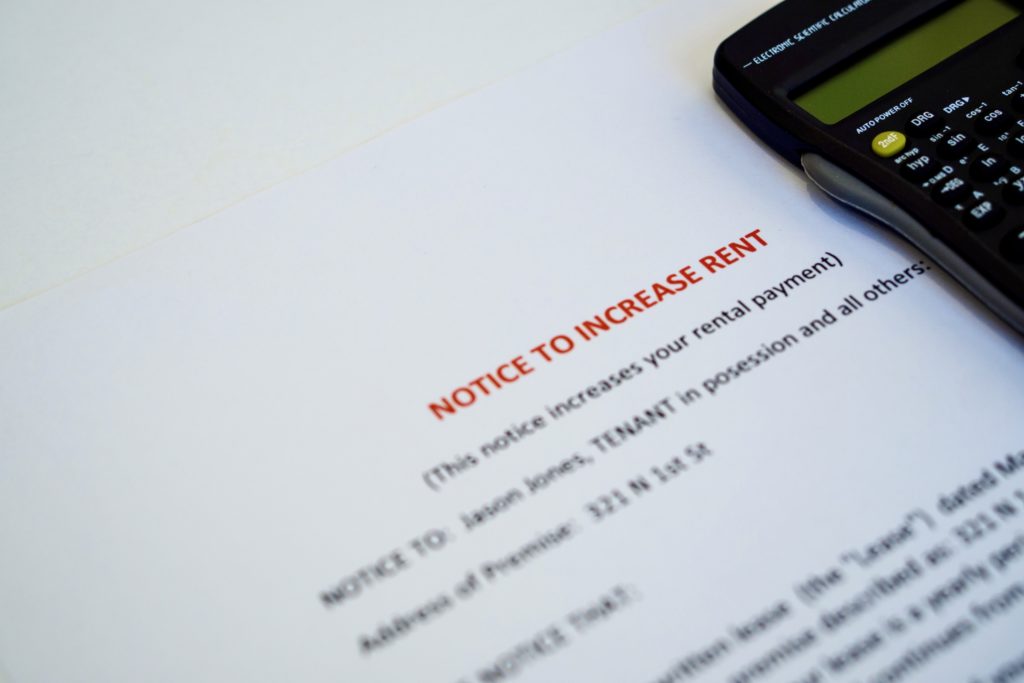- calendar_month August 6, 2022
- folder Housing
Rent control has long been the barrier tentatively protecting the Angeleno renter from unmanageable rent hikes. Virtually anyone who’s recently left the city will cite high rent as a factor in their move. The state as a whole benefits from California rent control guidelines. Certain pockets of the city even enjoy stricter Los Angeles rent control laws. But in all of these cases, inflation is directly informing rent control. This means that many Los Angeles renters will likely be hit with anywhere from a 6% to 10% increase in rent this year. And with everything from food to gas surging in price, it may be a breaking point for many citizens.
California Rent Control May Seem Non-Existent This Year
Photo credit: Envato
Lawmakers instituted California rent control laws under the Tenant Protection Act to protect tenants from exorbitant rent hikes. But with inflation rates informing California and more specific Los Angeles rent control calculations, these protections may no longer be doing enough. A shocking 10% annual rent increase may slam residents in areas protected only by California rent control. The figures are based on inflation rates provided by the U.S. Bureau of Labor Statistics, recorded as up 8.6% from last year.
Los Angeles Rent Control Changes by the Area
Some neighborhoods in Los Angeles are further protected by stricter rent control laws, renting increase caps, and even rent freezes. However, Los Angeles neighborhoods and cities protected only by California’s Tenant Protection Act may see the financially crippling 10% increase starting in August. The city of Inglewood with its financially diverse population has already approved 10% increases on rent-controlled complexes with four apartments or less. Larger complexes will need to endure a still hefty 7.9% increase.
The typically affluent Santa Monica is adopting a less devastating yet still significant 6% increase with a cap of $140 per month. These changes are scheduled to begin this September. But it’s important to realize that there are still low income residents of the upscale area who may not endure even a 6% hike.
Meanwhile, Pasadena is only reliant on California rent control laws. Since the Tenant Protection Act figures in a 5% increase plus inflation with a maximum limit of 10%, tenants can expect a full 10% rent increase for the year.
Photo credit: Envato
Los Angeles rent control is its own animal with a much stricter approach than statewide rent control. Currently, rent increases are still frozen under special pandemic-related restrictions. But when these lift? Depending on their neighborhood, Angelenos could be facing a brutal 8% annual rent increase.
A Brief History of California Rent Control Highs
If these rent increases feel particularly vicious, it’s because many tenants haven’t experienced anything like this before. However, exorbitant rent hikes, even under California rent control, have precedent. The last time the annual rent increase crossed the 6% threshold in Los Angeles was in 1990. But this was nothing compared to the one-two punch of two consecutive years of harsh increases: 1979’s increase of 7% followed by 1980s increase of 6.5%. And it’s that memory that is plaguing some Angelenos. Because even if they can weather this year’s increase, who’s to say next year’s won’t be just as bad? Or possibly worse? And coming off years when the adjustment hovered significantly beneath 2%, many renters are unprepared as it is.
The Savage Circle of Tenant Versus Landlord
It may be small consolation, but the California Rent Control Board may adopt a $140 monthly cap on adjustments like what was approved in Santa Monica. For renters already living paycheck to paycheck, an extra $140 a month may still be devastating. But the board is attempting to also satisfy landlords across the state who have been protesting renter protections. They argue that inflation also applies to maintenance on structure, roofing, plumbing, and other upkeep. But many renters are pointing out that they rarely if ever see their increases poured back into maintenance. In the end, both tenant and landlord may be caught in a savage circle that’s the fault of a failing system too complex to easily influence or quickly change.



